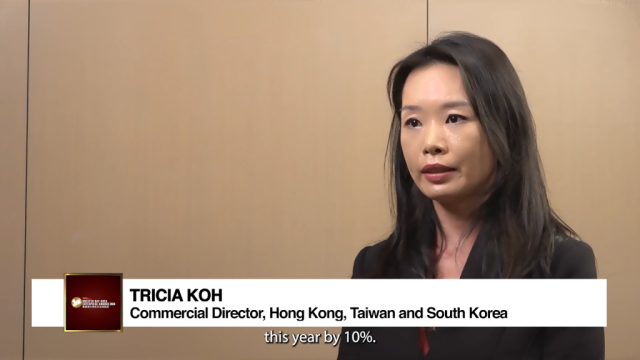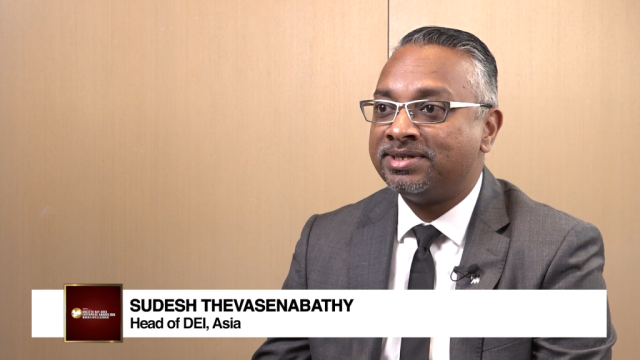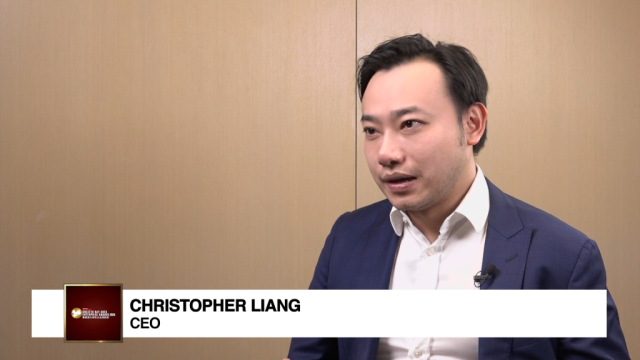
HR Briefing: How the Greater Bay Area can attract more talents
Around 36% of accounting and finance professionals predict talent shortage.
The Greater Bay Area (GBA) development, which links Hong Kong, Macao, and nine cities in Mainland China, is being primed as a global innovation hub; but does it have enough talents to achieve its target?
In its GBA Business Technology Report 2021, CPA Australia found that the majority or 61% of accounting and finance professionals in GBA believe it is either already a world-leading technology hub or will become one in the next five years. CPA Australia surveyed some 258 accounting and finance professionals within the GBA.
Nearly 90% of the respondents have plans of increasing investment and utilisation of technologies in the next 12 months; whilst 90% also have undertaken at least one technology-related project in the past year.
The GBA development is expected to boost Hong Kong’s status as a global financial and aviation hub.
This rising technological adoption, however, comes with some challenges as 36% of accounting and finance professionals believe the GBA development will likely face a shortage of talent.
CPA Australia’s Albert Wong, who is a member of the Greater Bay Area Committee, said talent shortage is a concern encountered by many others, but on the part of the GBA, the shortage could affect the demand and supply side of innovative goods and services.
“It will likely have considerable bearing on both the demand and supply of innovative products and services for companies in GBA,” Wong told Hong Kong Business.
He said, as an example, tech companies may not have enough research engineers to develop new products that will cater to the high market demand. This, in turn, could have implications on the competitiveness of businesses in the GBA.
“For instance, customers may be forced to procure products and services from locations outside GBA; or companies may select an overseas location to set up their R&D centres,” he said.
“Therefore, attracting and retaining talents are key to making GBA a world-leading innovation and technology hub.”
Sourcing local and foreign talents
As a response, governments involved in the development may impose measures that will increase the supply of talents both locally and abroad, according to Wong.
This may be in form of financial incentives, such as subsidies or tax incentives, which could drive employers to provide for the reskilling and upskilling of their workers.
In Hong Kong, the government has introduced measures, such as the GBA Youth Employment Scheme that allowed enterprises, based in GBA, to offer job vacancies to the young people of Hong Kong. Participating enterprises will be entitled to a monthly allowance of HK$10,000 per graduate employed.
Hong Kong, along with Macao and other Mainland cities, may also facilitate competency-based trainings through micro-credentials or short-term courses. This could benefit individuals who are looking to deepen their knowledge and hone skills that would be relevant in the digital economy.
“In the medium-term, governments may have to take a holistic review of the supply and demand of talents, taking into account the types of skill and attributes expected of the future workforce supporting the digital economy,” he added.
Attracting talents should not stop at the borders of the GBA, as Wong suggested that measures conducive for overseas workers living in Hong Kong and other areas should also be in place.
This may also include granting subsidies for the relocation of talents in high demand jobs, such as artificial intelligence engineers and data scientists, to Hong Kong; and ensuring a good living and friendly environment for talents’ families.
Further, the measures should consider providing a good business environment where talents can grow their businesses or have great career prospects in Hong Kong and GBA, Wong said.
Employers also play a key role in attracting and retaining talents which they can fulfil, likewise, through financial incentives. Aside from granting an attractive remuneration package or a performance-based bonus, employers should offer career prospects and training opportunities and a flexible work environment.
This is particularly beneficial now that most businesses are operating on a hybrid setup, where some of its employees work at home.
“Talents increasingly place more emphasis on social responsibility and are more interested to work for companies with a socially responsible corporate culture and purpose,” Wong said.
“They also look for recognition for their creativity and achievements, and a corporate environment where openness and innovation are encouraged and valued.”






















 Advertise
Advertise








